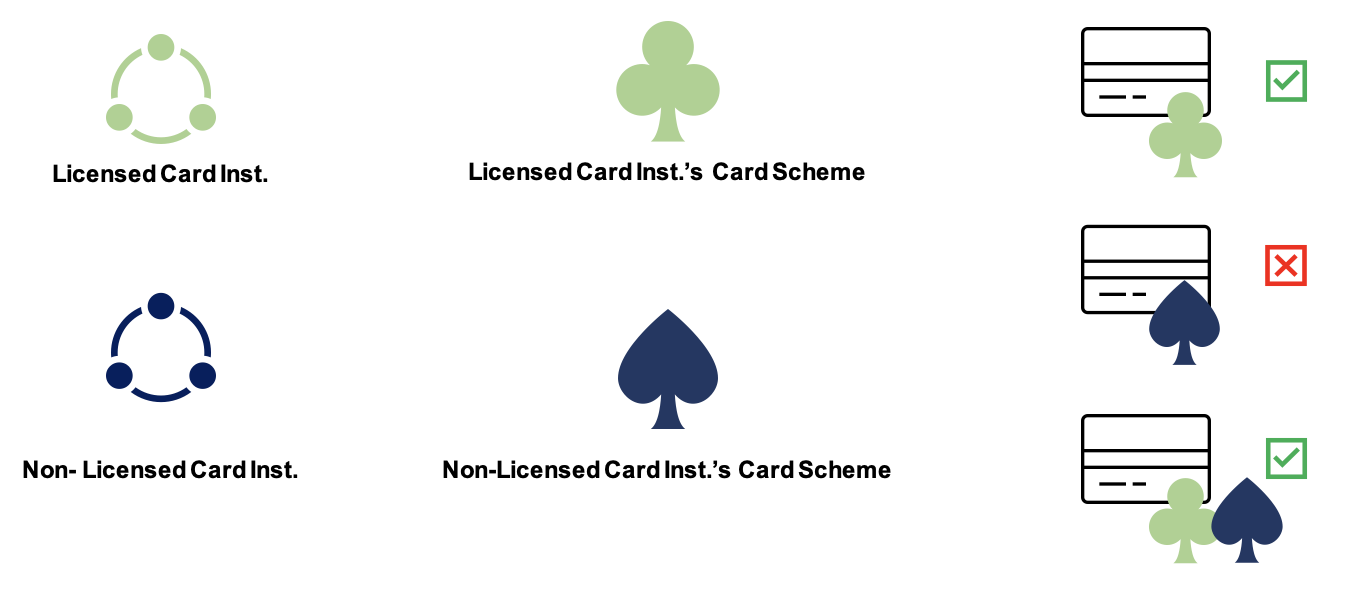

Introduction
We would like to inform you about a significant development concerning changes in the credit and bank card regulations of Turkey. On 28 October 2022, Banking Regulation and Supervision Authority (“BRSA”) published a “Draft Regulation on Amending the Regulation on Bank Cards and Credit Cards” (“Draft Regulation”) on its website.
The changes suggested by the Draft Regulation aims three main purposes, one of which closely concern all businesses that are providing goods/services to Turkish cardholders on a cross-border basis:
Obligation to Obtain a Local POS for Foreign Businesses Targeting Turkish Consumers:
The Draft Regulation foresees following provision to be added to the Regulation on Bank Cards and Credit Cards (“Current Regulation”):
“In the event that businesses established abroad carry out activities targeted at people residing in Turkey, card issuing institutions can only approve transaction confirmation requests made via POS allocated to the businesses established abroad, on the condition that such requests come through the POS of an institution that has obtained a license to operate as an acquirer in Turkey.
In case of existence of any of the following operations are carried out by businesses established abroad, it will be considered that the activities are targeted at persons residing in Turkey:
- establishing a workplace in Turkey,
- creation of a Turkish website,
- engaging in promotional and marketing activities for the goods and services offered directly and/or through persons or institutions residing in Turkey.
The Board is authorized to determine the additional criteria regarding the determination that the activities are aimed at persons residing in Turkey and the procedures and principles regarding the implementation of this paragraph.”
This additional provision essentially means, if a foreign business targets customers residing in Turkey, they are obliged to use a POS provided by a locally established bank or a payment service provider (i.e. a local acquirer) to process transactions done via locally issued credit or bank cards. Otherwise, such transactions will be blocked by the local card issuers.
The criterion for deciding whether a foreign business targets Turkish customers are:
We believe this additional provision will have a significant impact on the operations of online services (e.g. video-on-demand, software, online gaming service providers) and electronic commerce websites since, currently, a large percent of such service providers use POSs provided by acquirers that are not licensed in Turkey to acquire Turkish cardholders’ locally issued cards.
With the enaction of this obligation, local card issuers will be required to check:
The biggest practical problem we observe with this suggested obligation is, currently the card issuers have no definite way to assess “targeting Turkish market” criteria is met in a given transaction. To illustrate, in order to fully comply with this requirement, card issuing institutions would need to conduct an extensive research for each transaction and assess any of the “workplace”, “Turkish website” or “marketing in Turkey” criteria is met by the foreign business; which is something practically impossible. Regardless, the same provision provides an authority to BRSA to determine procedures and principles regarding the implementation of this requirement, so it is possible that the practical difficulties could be addressed with the guidance to be prepared by BRSA.
Co-Badging and Choice of Payment Brand Rules:
According to the definition provided in the Interchange Fees Regulation, ‘co-badging’ means the inclusion of two or more payment brands or payment applications of the same brand on the same card-based payment instrument. In other words, a co-badged card can carry brands of multiple card schemes at the same time.
With the changes suggested in the Draft Regulation, rules concerning co-badging will be introduced into the Current Regulation for the first time, but in manner heavily favoring card system institutions that have obtained a local license to operate. Also, a ‘choice of payment brand’ principle is to be introduced that will grant consumers a freedom of choice in the branding of the card instrument they are being issued with. The co-badging rules suggested are as follows:
Rule 1: Exclusive badging prohibition for non-licensed card institutions
Rule 2: Customer shall have a freedom of choice in the branding of its card-based payment instrument

